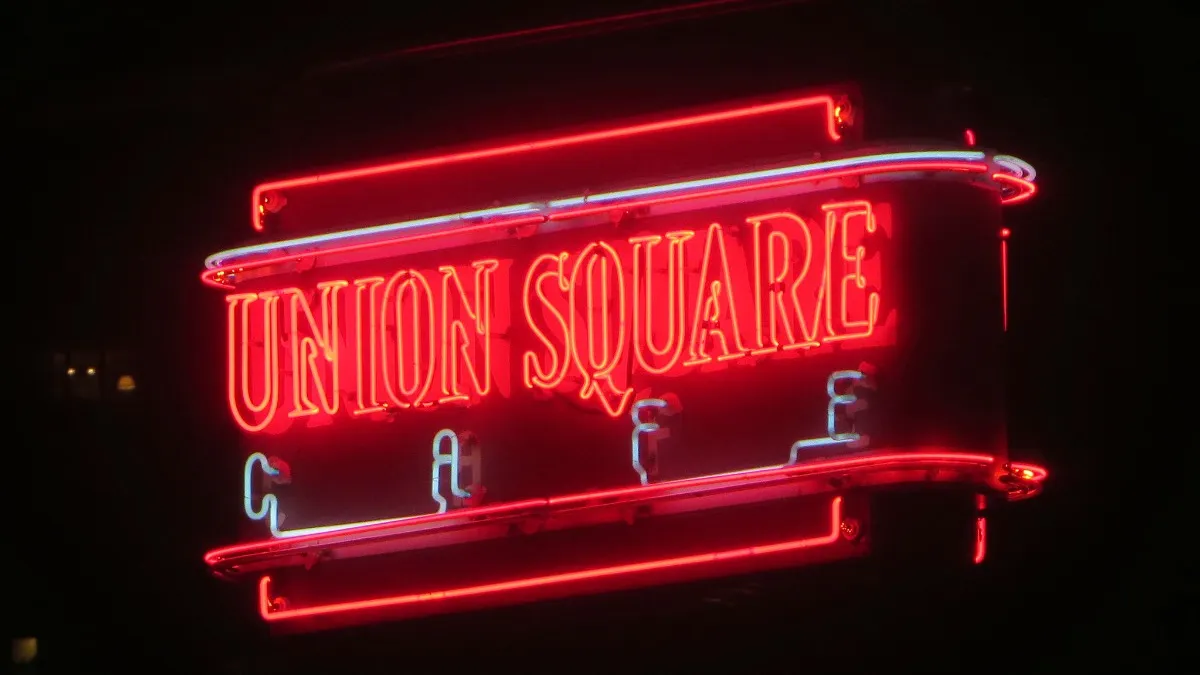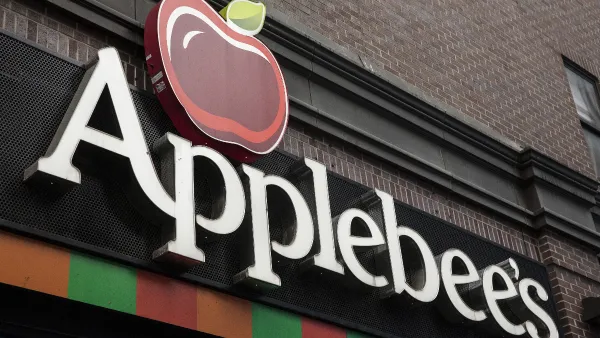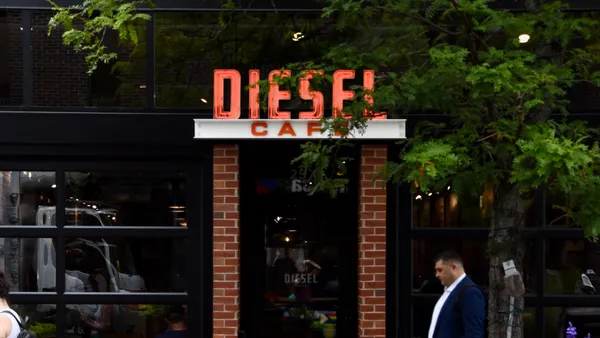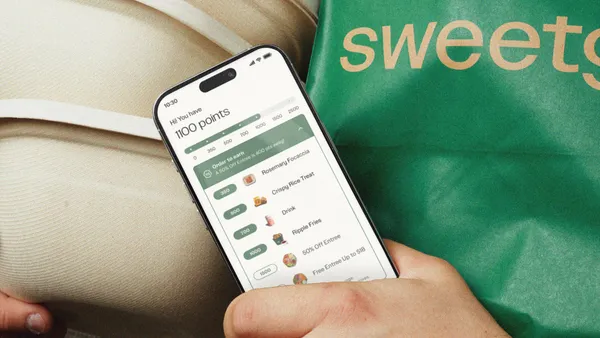Dive Brief:
- Union Square Hospitality will eliminating its no-tipping, "Hospitality Included" policy put into place five years ago, CEO Danny Meyer said in a LinkedIn post Monday. The shift comes as USHG restaurants gear up to reopen for outdoor dining, beginning with Union Square Cafe on Thursday, according to The New York Times. Restaurants that are already open for pickup and delivery will also immediately transition to tipped wages.
- Because tips can only be received by dining room employees in New York and Washington, D.C., USHG restaurants "will be providing a share of revenue for everyone in the kitchen — from receiver to pot washer to lead cook" and raise total employee compensation by an average of 25% at its full-service brands, Meyer said. USHG began rehiring staff Monday, 95% of whom have been laid off since March, according to The New York Times.
- "We've come to believe that it’s the inability to share tips that is the problem, not the tips themselves. Our ultimate goal is for your tips to be shared among our entire team, so both kitchen and dining room teams can benefit when a guest has a great experience," Meyer said. "That will take a shift in public policy and we are actively doing all we can to persuade state and federal lawmakers to make that change."
Dive Insight:
Though Meyer's policy change doesn't appear to be a change of heart — the company said it is teaming up with One Fair Wage to eliminate tipped payment models — USHG's about-face on compensation strategy is another marker of how drastically COVID-19 is altering the restaurant segment.
The restaurant group's Hospitality Included policy favored a consistent hourly wage over tips, with added labor costs rolled into menu prices, increasing consumer costs by about 15% to 20%. When the Hospitality Included model was first introduced in 2015, it was met with strong pushback from employees and some consumers, and as much as 40% of talented, legacy front-of-the-house service workers left for other jobs as a result.
Also, less than a year after the announcement, one poll showed that 81% of American restaurant-goers weren't interested in getting rid of tipping. But 29% of young consumers aged 18 to 34 believed tipping was outdated at the time, and mainstream consumer sentiment seems to be slowly shifting in that direction today, particularly as more research comes out about the system's unfairness. As an Eater report analyzing U.S. Census and Bureau of Labor Statistics data from 2010 to 2016, white servers are tipped about a dollar more than their Latinx counterparts; about $1.50 more than their Black counterparts; and $2.29 more than their Asian counterparts.
New York Gov. Andrew Cuomo acknowledged these disparities in January when the state's new law ending tipped minimum wage went into effect. The law, however, excludes restaurant employees.
Now, restaurant operators are looking for creative ways to compensate, and keep, their essential employees. Whether the answer is a fixed fee or a shared revenue-type program that Meyer is trying to implement, the tipping model as we know it could be be poised for change.














